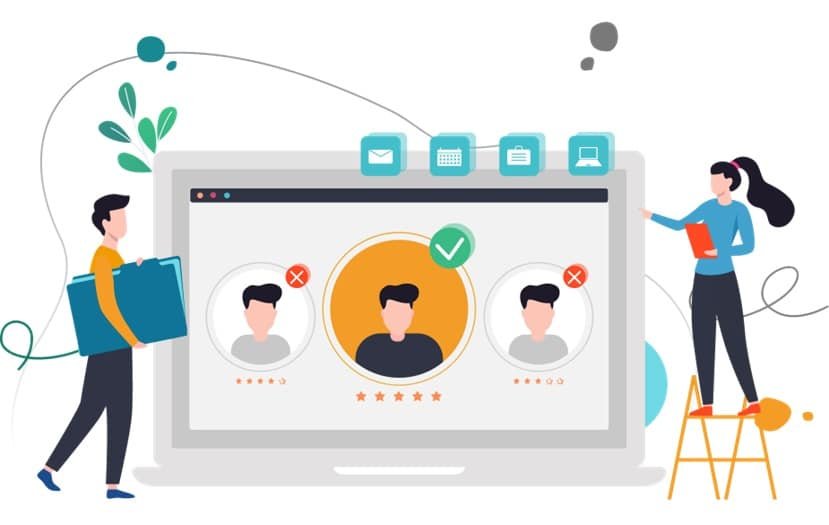The hiring process has undergone a significant transformation in recent years, thanks to advancements in technology. Traditional methods of resume screening and candidate selection often involved manual efforts that were time-consuming and prone to human bias. Today, technology, particularly artificial intelligence and recruiting tools, has revolutionized how organizations identify and select top talent. By automating resume screening and improving candidate matching, companies can significantly reduce hiring timelines while enhancing accuracy and fairness.
Automating Resume Screening
One of the most challenging parts of recruitment is sifting through hundreds, or even thousands, of resumes to identify the most suitable candidates. Manual screening often leads to inefficiencies, such as overlooking qualified candidates or spending hours on repetitive tasks. With the help of AI-powered tools, this process is now faster and more effective.
Artificial intelligence systems use Natural Language Processing (NLP) and machine learning algorithms to analyze resumes quickly. These systems can scan for keywords, qualifications, and relevant experience, effectively narrowing down the pool of applicants. For example, if a job description requires proficiency in “data analysis” and “Python programming,” AI tools can automatically prioritize resumes containing these skills. This eliminates the need for recruiters to comb through irrelevant applications manually.
Additionally, AI technology can learn over time. By analyzing historical hiring data, these systems can identify patterns that predict which candidates are likely to succeed in specific roles. This allows organizations to focus on applicants who closely match job requirements, making the screening process far more efficient.
Enhancing Candidate Matching
Candidate matching is another area where technology has made significant strides. Advanced AI tools can assess not only the content of resumes but also how well a candidate’s profile aligns with a company’s culture, values, and long-term goals.
Recruiting platforms powered by artificial intelligence compare candidate profiles against job descriptions, ranking them based on compatibility. Instead of simply matching skills and experience, these tools can evaluate soft skills, career trajectory, and other factors, such as personality traits, using AI-driven assessments. This comprehensive approach ensures a more accurate match between candidates and job roles.
For example, AI tools can identify candidates who might not have the exact listed qualifications but possess transferable skills that make them strong contenders. By broadening the talent search, companies can discover high-potential candidates who might otherwise be overlooked in a traditional screening process.
Reducing Bias in Recruitment
Another major benefit of artificial intelligence and recruiting tools is their ability to minimize unconscious bias during the hiring process. Human recruiters, despite their best efforts, can sometimes make decisions influenced by personal biases, whether related to gender, race, or educational background. AI systems, however, focus solely on objective criteria, such as skills, experience, and qualifications, to assess candidates.
By removing subjective elements, AI ensures that every applicant is evaluated fairly and consistently. This promotes diversity in hiring and helps companies build stronger, more inclusive teams.
Final Thoughts
Technology has redefined the way organizations approach resume screening and candidate matching. Through automation, AI tools save time, reduce bias, and ensure better alignment between job roles and candidates. By leveraging artificial intelligence, companies can streamline their recruitment processes, ultimately improving efficiency and hiring quality. As artificial intelligence and recruiting technologies continue to evolve, their impact on modern hiring practices will only grow, helping organizations find the right talent faster and smarter.

